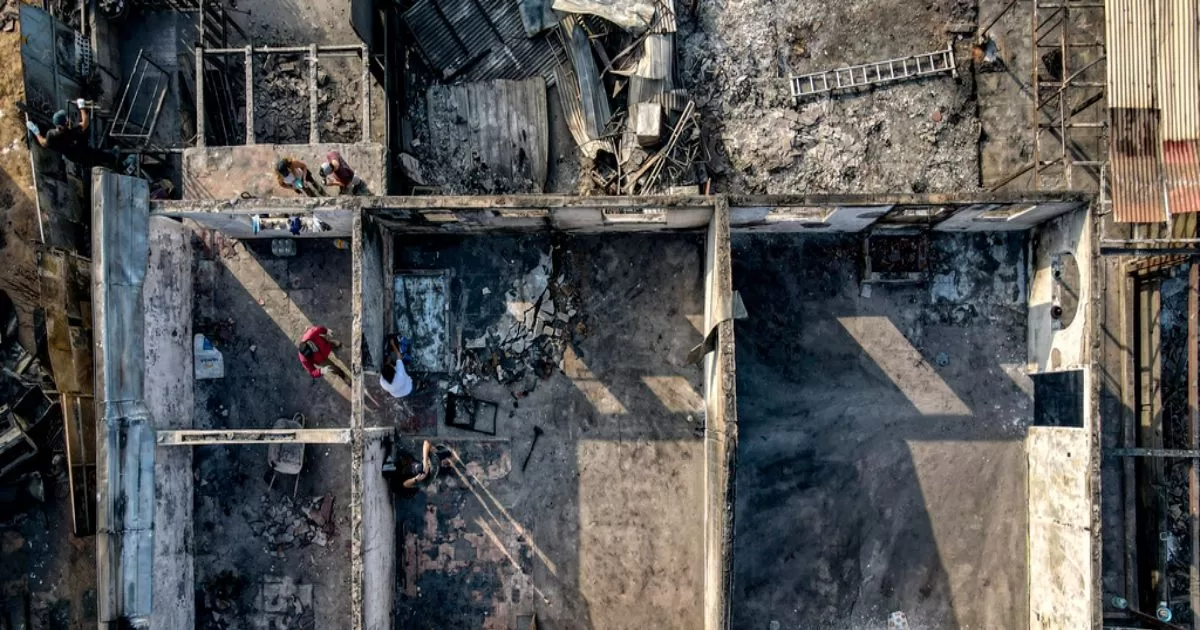Far from figures to which we make say what we want, far from politics for which that is only an argument, far from compassionate novels, soothing comedies and historical melodramas, far from indignant tribunes and sociological theories, but very close to the beings who live it and die of it day by day, French xenophobia is there, concrete, palpable, in this law firm specializing in the rights of foreigners where the director Swen de Pauw has planted his camera. Planted is not a metaphor. Fixed shots, harsh lighting, no make-up, no interview either, and of course no commentary. A documentary, a real one, is when there is no commentary. That should be the rule. The comment introduces a voice which is necessarily that of a fictional character who, like the narrator of the novel, tells us a story, explains it to us, end and moral included. The documentary filmmaker films and does not narrate, the end is offscreen, the morality irrelevant. In Mastersthis is the title of Swen de Pauw’s film, there is no character, no story, no outcome, just people and situations: plaintiffs and their lawyers talking to each other, face to face .
As if the camera wasn’t there? No. They never forget that a movie is being shot, they don’t even pretend to have forgotten it. Simply, they have other things to do than to take an interest in the film. Admittedly, one might think that the camera gazes were cut off during the editing, but that’s to avoid misunderstandings, not to make people believe there was a hidden camera.
I remember having filmed, in the basement of the BHV, completely illegally, a demonstrator of drills in action; a dozen customers were watching him do it and from my camera these do-it-yourselfers didn’t care, obsessed with the demonstration. People are like that when they are seized with consumerist fever, it’s no longer a joke. So you think when they are under an OQTF (obligation to leave French territory), if they don’t care about the camera!
Is this for all that “the truth” that Swen de Pauw shows in his film? Obviously not. It is only an end to end of segments of reality. Interviews filmed between plaintiffs and defenders, without being able to identify any collusion with the film crew. And if there were, during the filming, moments of histrionics (everything is possible, we saw some who dropped good words when climbing the scaffold), they too were cut. Only the heart of the business remains: foreigners in distress. One tragic case among others: Kosso (his name has been changed) is a Chadian national. During the war, a shell fell on his house, killing his wife and injuring his arms and spine. Unable to be treated in Chad, he entrusted his son to his family before going to be treated in France. As seen in the film, he remains severely disabled in both arms. As such, he received a disabled adult allowance, regularly obtaining residence permits. In France, he meets a Frenchwoman with whom he marries. Their children are French. Suddenly, while applying for the renewal of his residence permit, it was refused by the prefecture, which imposed an OQTF on him. She criticizes him for often going to Chad where, according to his wife, he had contracted a religious marriage with a Chadian woman. Kosso denies the fact: “I love my wife, I don’t need another.” And if he goes to Chad, it’s to see his son.
What Christine Mengus, his lawyer, would like to ensure is that Kosso hides nothing from him. With his horribly mutilated hands, Kosso promises: “Nothing hidden.” Among the eight cases that appear in the film, the most desperate is the ninth: a young trainee who has just been hired at the firm. The lawyers will find it difficult to rid him of his xenophobic prejudices.

